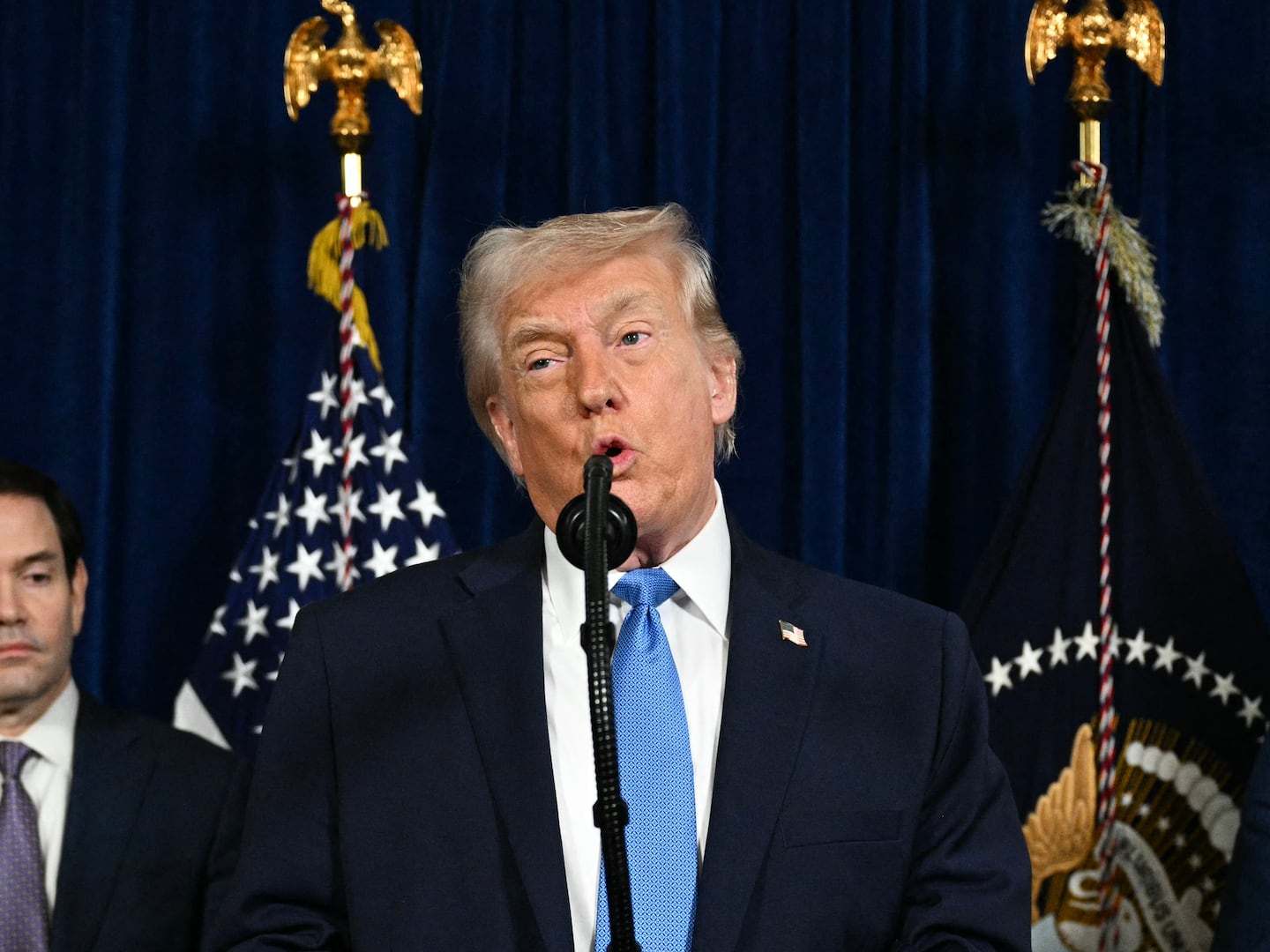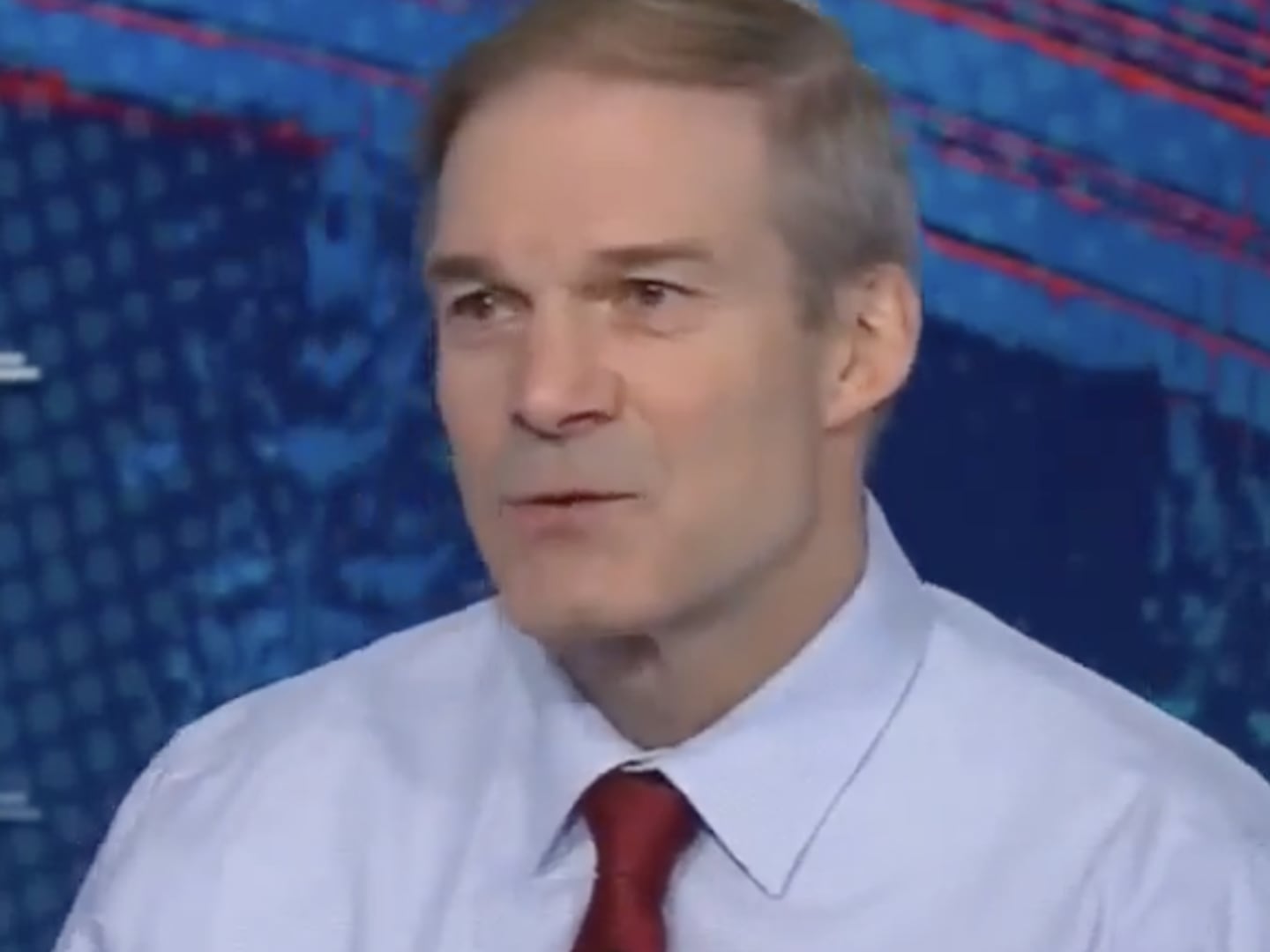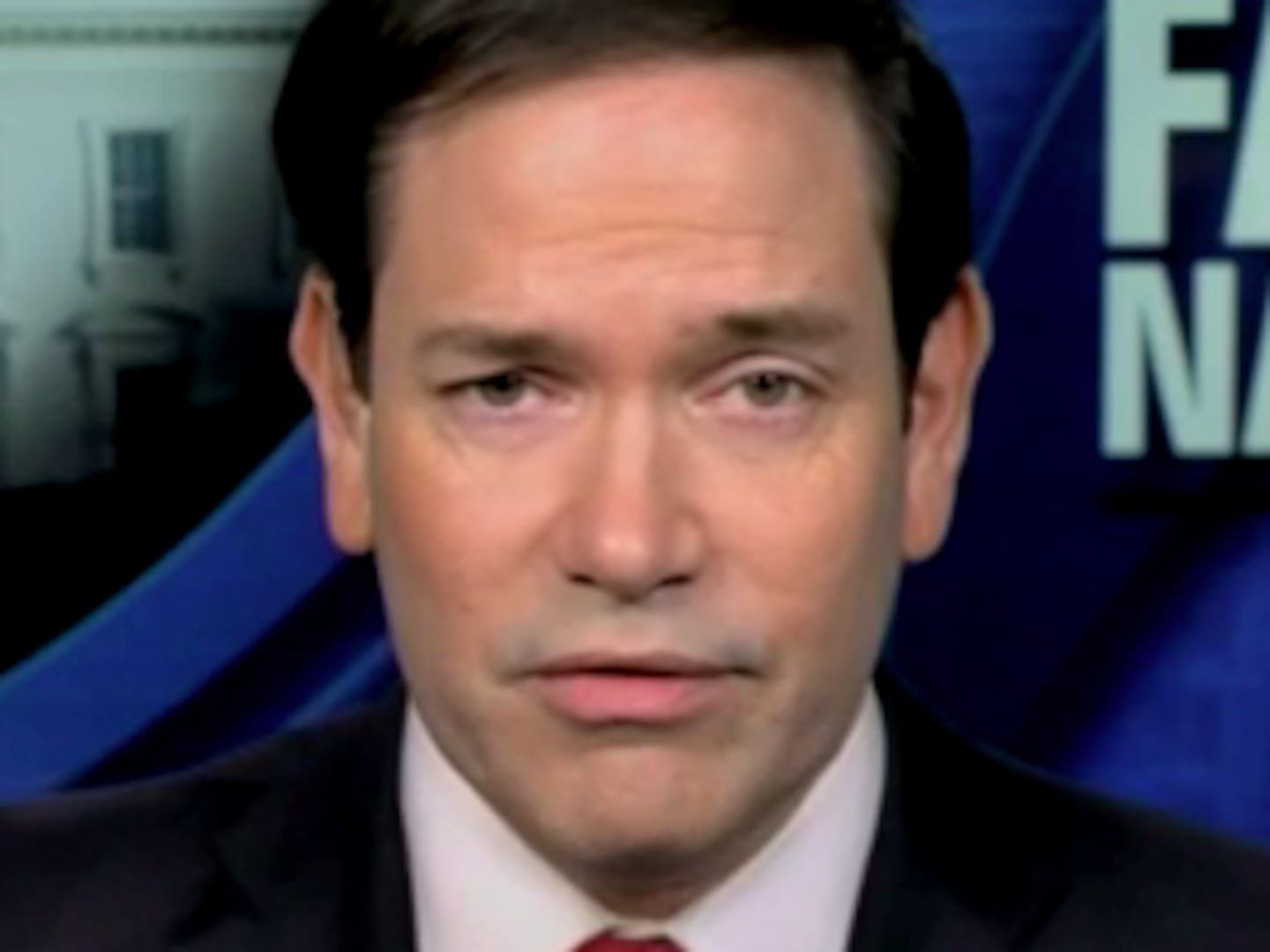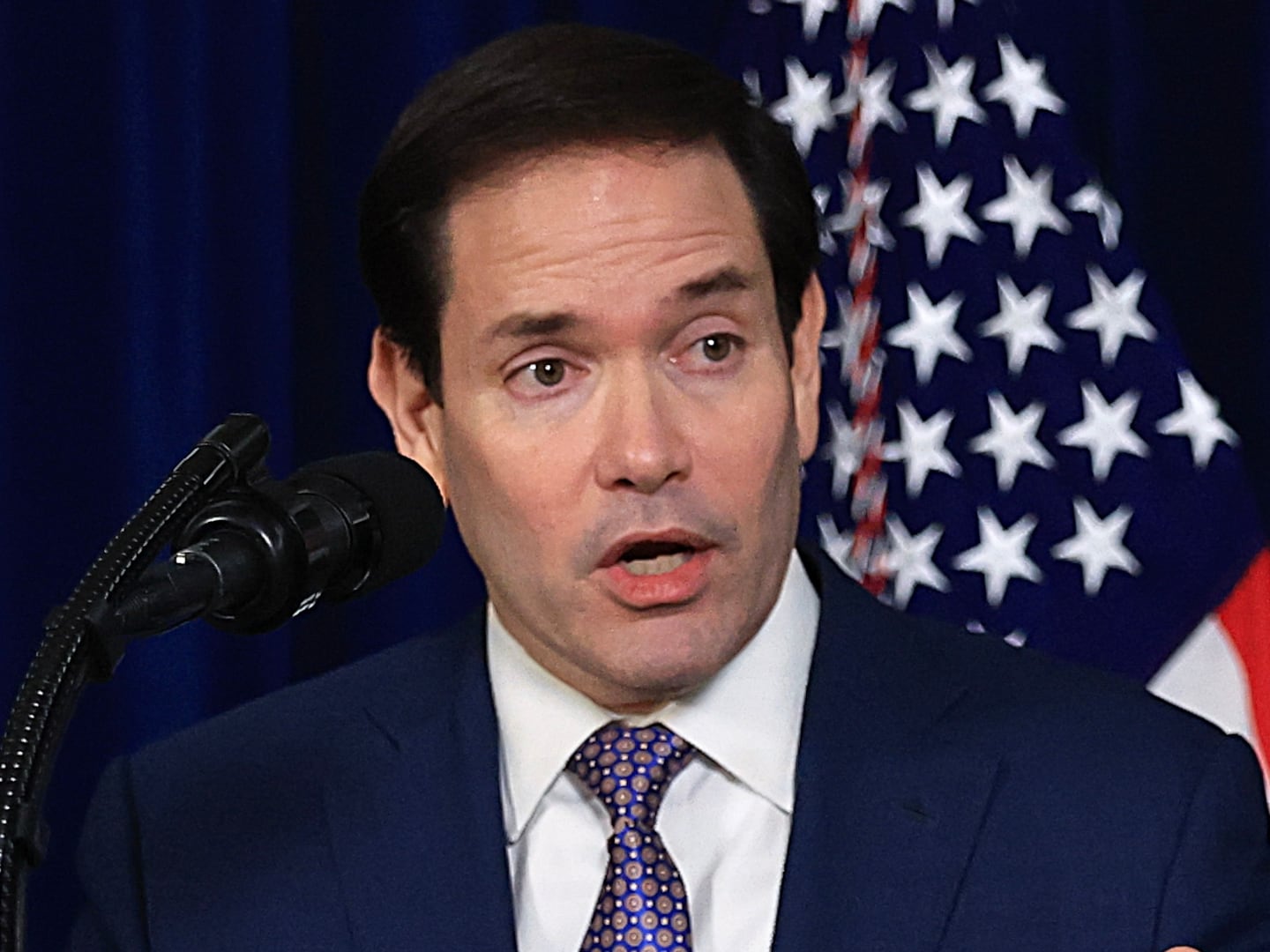House and Senate Democrats are teaming up in an attempt to increase pressure on the Trump administration in the coming days over its controversial decision to not immediately implement sanctions against Russia last month, as mandated under legislation that Congress passed overwhelmingly.
This week, House Democrats are filing a resolution aimed at compelling the administration to implement those sanctions under the Countering America’s Adversaries Through Sanctions Act (CAATSA). A copy of the resolution was obtained by The Daily Beast.
“Congress passed a pretty comprehensive sanctions bill with respect to Iran, North Korea, and Russia last year—and the president has not implemented any of those sanctions. So we need to put our foot to the gas pedal,” Rep. Gerald Connolly (D-VA), who is introducing the House resolution, said in an interview. “If the president’s not going to do it, then Congress needs to.”
The resolution names Russia’s “continued aggression in Ukraine and forcible and illegal annexation of Crimea and assault on democratic institutions around the world, including through cyberattacks.” It mirrors a Senate resolution introduced this month by Sens. Ben Cardin (D-MD), Bob Menendez (D-NJ), and Sherrod Brown (D-OH).
The House and Senate efforts are largely symbolic, lawmakers acknowledge. And they’re unlikely to force real action absent Republican support. But Democrats are hoping that the effort will keep the spotlight on the sanctions as Moscow continues to destabilize Eastern Europe and the Middle East, and as Trump and his associates remain under investigation by the special counsel.
When CAATSA became law last August, Putin’s foes in Eastern Europe commended Trump and members of Congress. While American lawmakers were crafting the legislation, they consulted and met with top Ukrainian officials to hear their concerns—both in Washington and in Kiev, U.S. and Ukrainian officials told The Daily Beast. The significance of the CAATSA legislation extends beyond the halls of the Capitol.
“When you look at the comprehensiveness of this legislation, I must say that it’s the first international legislation which is seriously hitting the Russian Federation,” Dmytro Shymkiv, a top aide to Ukrainian President Petro Poroshenko, told The Daily Beast in a recent interview. “It’s a very important step for countering Russian aggression in Ukraine, but also in the U.S. and other European states.”
That’s why lawmakers, mostly Democrats, were outraged when the administration informed Congress last month that it would not impose new sanctions against Russia by the Jan. 31 deadline. A State Department spokeswoman told The Daily Beast at the time that it felt that the mere threat of additional sanctions was already acting as a “deterrent” against foreign investment in Russia’s defense and intelligence sectors.
“The threat of sanctions is not a substitute for real sanctions that can hopefully deter behavior and change it,” Connolly said, referring to U.S. intelligence officials’ warnings that Russia is poised to interfere in the midterm elections later this year.
State Department spokeswoman Heather Nauert said at the time that no further sanctions were required because foreign governments “have abandoned planned or announced purchases of several billion dollars in Russian defense acquisitions.” The sanctions, if the administration had implemented them, would have hit foreign government and other entities that were doing business with those Russian companies that the State Department named in October.
But many pointed out that the impetus for the CAATSA legislation was to punish Russia for its incursions into Eastern Europe and its interference in the U.S. presidential election in 2016, arguing that the Trump administration was abandoning its responsibilities under a law that passed in the House 419-3 and in the Senate 98-2. As written, the legislation—which President Donald Trump reluctantly signed after his administration tried to weaken a core tenet of the bill—aims to punish Russia’s defense and intelligence sectors in particular.
“We want concrete actions that put Russia back into the norms of international behavior—stop aggression against Ukraine, stop meddling with the political system in Europe and in Eurasia and other places, and become a decent political entity,” Shymkiv said.
The formal introduction of the House resolution comes as Secretary of State Rex Tillerson is due to testify in front of the House Foreign Affairs Committee on Tuesday. Democrats are planning to use much of their time questioning Tillerson about the sanctions implementation and, in particular, what the federal government is doing to prevent Russian President Vladimir Putin from seeking to interfere in American elections later this year and beyond.
Tillerson’s relationships with lawmakers on both sides of the aisle became strained in October after the administration missed the first deadline for issuing guidance about the implementation of the sanctions. Furthermore, frustrated Democratic and Republican senators told The Daily Beast at the time that they were not getting straight answers from Tillerson about the delay. The episode led to a breakdown of State Department-Capitol Hill relations.
Connolly, along with House Foreign Affairs Committee ranking member Eliot Engel (D-NY), introduced legislation last year aimed at sanctioning individuals and entities that meddle in a federal election. The legislation, which remains stalled, would cover the 13 Russian individuals and other groups that were named in special counsel Robert Mueller’s indictment this month who are charged with conspiracy to defraud the United States.
While most Republicans have largely taken no issue with the administration’s sanctions regime, Sen. John Kennedy (R-LA) took Trump to task over the issue last month after the president delivered his State of the Union address.
“I wish he’d talked about sanctions on the Russians and explained to us why he is not immediately imposing the sanctions, because I think President Putin has acted for the past five years like a thug,” Kennedy said during a CNN interview.
Kennedy sits on the Senate Banking Committee, which has formal jurisdiction over the Treasury Department’s implementation of sanctions. Treasury Secretary Steven Mnuchin faced tough questioning from that panel last month, and senators were particularly concerned about a Treasury report on Russian oligarchs that was made public the same day, as mandated under CAATSA.
The public version of that report appeared to be cribbed from a Forbes list of Russian billionaires and those with deep connections to the Kremlin. The full report was delivered to the House Foreign Affairs Committee and the Senate Foreign Relations Committee by the Jan. 31 deadline, but the document is classified and is not expected to be made public, three sources with direct knowledge of the matter told The Daily Beast.






